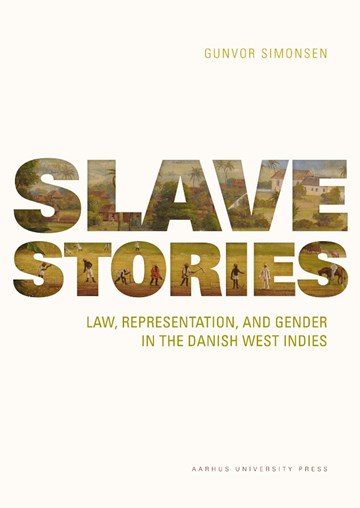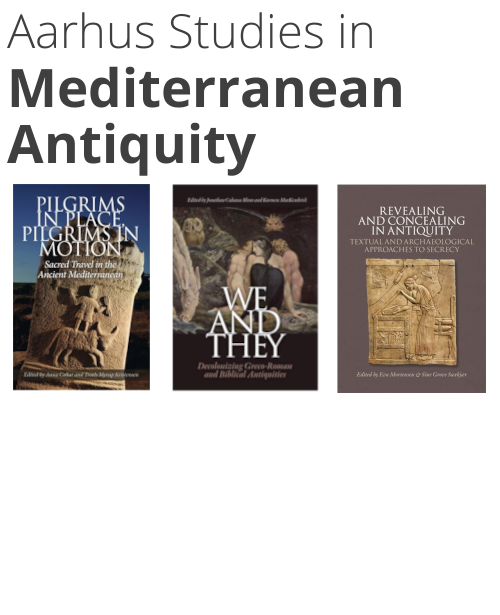
Slave Stories
Law, Representation, and Gender in the Danish West Indies
A part of the subject area History
More about the book
About the book
In the Danish West Indies, hundreds of enslaved men and women and a handful of Danish judges engaged in a broken, often distorted dialogue in court. Their dialogue was shaped by a shared concern with the ways slavery clashed with sexual norms and family life. Some enslaved men and women crafted respectable Christian self-portraits, which in time allowed victims of sexual abuse and rape to publicly narrate their experiences. Other slaves stressed African-Atlantic traditions when explaining their domestic conflicts. Yet these gripping stories did not influence the legal system. While the judges cunningly embraced slave testimony, they also reached guilty verdicts in most trials and punished with extreme brutality. Slaves spoke, but mostly to no avail.
In Slave Stories, Gunvor Simonsen reconstructs the narratives crafted by slaves and traces the distortions instituted by Danish West Indian legal practice. In doing so, she draws us closer to the men and women who lived in bondage in the Danish West Indies (present-day US Virgin Islands) in the eighteenth and nineteenth centuries.
For purchases outside of Denmark:
If you are located in the USA or Canada, please contact our US distributor, Longleaf Services, at orders@longleafservices.org or +1 919-503-6590.
For purchases in all other countries, you can find the title through our global distributor, The Mare Nostrum Group, here: https://mngbookshop.co.uk




